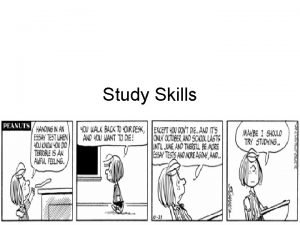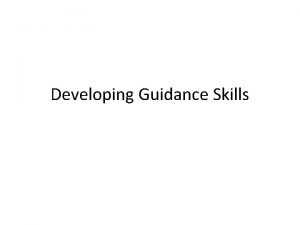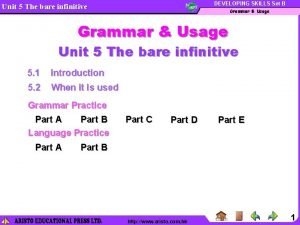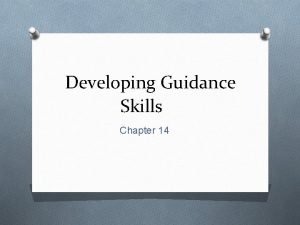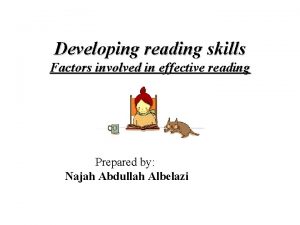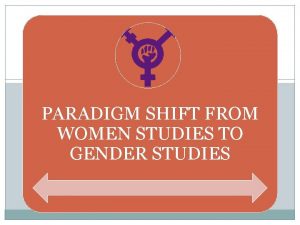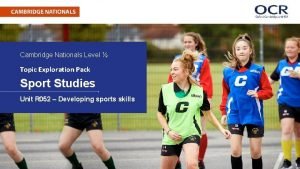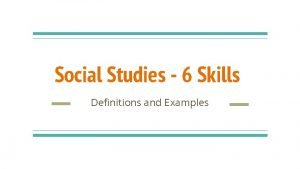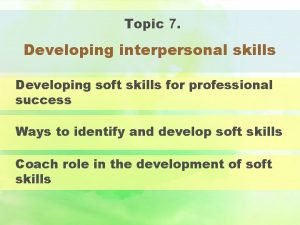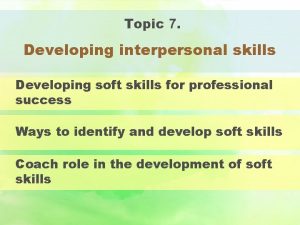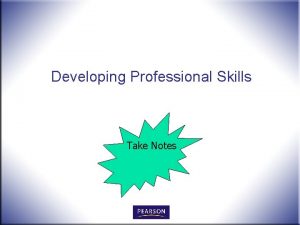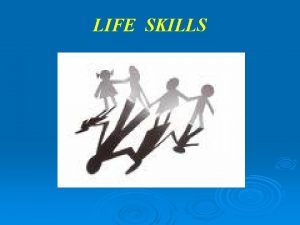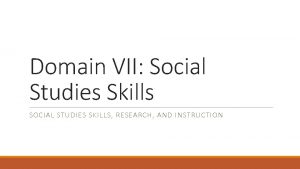Sport Studies RO 52 Developing Sport Skills LO









- Slides: 9

Sport Studies RO 52: Developing Sport Skills LO 4: Be able to apply practice methods to support improvement in a sporting activity www. astreadearne. org

Assessment Criteria MB 1: 1 – 6 marks MB 2: 7 – 11 marks MB 3: 12 – 15 marks The review of their performance is basic. The review of their performance is detailed in some aspects. The review of their performance is detailed in most aspects. The application of practice methods is basic and addresses few of the areas and skills where improvement is needed. The application of practice methods is simple and addresses many of the areas and skills where improvement is needed. The application of practice methods is considered and addresses most of the areas and skills where improvement is needed. Understanding of how to measure improvement is limited. Understanding of how to measure improvement is detailed. Understanding of how to measure improvement is comprehensive. [1 2 3 4 5 6] [7 8 9 10 11] [12 13 14 15]

• Makes notes on the different types of skill on the following slides (you need to know every type). • Give examples from the sport you are writing about for each type of skill.

4) Types of Skill Open Skill • • • An open skill is when the environment is constantly changing and therefore movements have to adapt. The environment can be defined as the playing field: For eg: football or basketball or hockey Players have to consistently adapt their thought process or skill to the environment. Closed Skill The opposite to open skill…. A closed skill is where the environment is stable and does not change.

4) Types of Skill Simple Skill • Straight forward and require little concentration. • (physically and mentally) Complex Skill Involve a large attention span as the skills are more complicated and therefore require practice.

4) Types of Skill Gross Movement Skill • A gross motor skill involves large muscle movements such as walking running and jumping. • Gross motor skills are not essentially precise movements Fine Movement Skill Fine motor skills are precise movements which use small muscle groups and high levels of hand-eye coordination.

4) Types of Skill Internally Paced Skill • An internally paced skill is when the athlete controls the rate at which the skill is executed. • Most internally paced skills are closed skills such as javelin throw and discus. Externally Paced Skill Externally paced skills are when the environment controls the rate of performing the skill. The environment can include opponents The athlete must pay attention to their surrounding to control the rate of movement. The skills are normally reactive and open skills

5) Types of Practices Fixed Practice • These are sometimes also known as drills and involves repeatedly practicing a whole skill in order to develop. • This type of practice is best with closed skills. This drill is a fixed practice because it is not in a game scenario and is not affected by the environment. 1) 2) 3) 4) There are 2 cones placed 25 m apart Each player will pass the ball with their laces across to the other player The player will then move to the other side of the cone and pass the ball using their other foot This will develop long passing with both feet. Create a fixed practice for the sport you are writing about

Varied Practices • This is used best for open skills and involves repeating a skill in varying situations. • For example shooting practice in football, where the coach may set up drills and alter the starting position and involvement of defenders. • This helps to develop game play as it replicates game situations. This is a varied practice as the passing can be affected by the players in the middle of the area. This replicates a game scenario. 1) 2) 3) There are 2 areas 20 m apart Each player will pass the ball across the area to the other player alternating between their strong and weak foot. The players will have to focus on gaining height on the ball when kicking it to ensure the players in the middle do not intercept it. Create a fixed practice for the sport you are writing about
 Developing facilitation skills
Developing facilitation skills Developing effective study skills
Developing effective study skills Examples of indirect guidance
Examples of indirect guidance Developing skills grammar & usage set b answer
Developing skills grammar & usage set b answer Chapter 14 developing guidance skills
Chapter 14 developing guidance skills Developing effective reading skills
Developing effective reading skills Chapter 17:1 developing job-keeping skills
Chapter 17:1 developing job-keeping skills Paradigm shift from women studies to gender studies
Paradigm shift from women studies to gender studies Cambridge nationals sport studies
Cambridge nationals sport studies Social studies skills examples
Social studies skills examples

